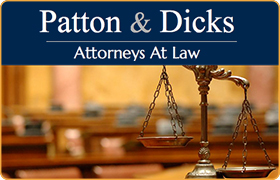Haines City DUI-DWI Lawyer, Florida
Sponsored Law Firm
-
 x
x

Click For More Info:
-
Patton & Dicks
465 East Main Street Bartow, FL 33830» view mapCriminal Defense, Criminal Appeals Real Attorneys Fighting For Real People
As Criminal and DUI Attorneys, we defend peoples rights in criminal courts. Find out how our services can help your situation.
863-225-3550
Lee Adam Cohen
DUI-DWI, Criminal, Civil Rights, Personal Injury
Status: In Good Standing Licensed: 29 Years
Lazaro Grael Blanco
DUI-DWI, Criminal, Car Accident, Accident & Injury, Divorce
Status: In Good Standing Licensed: 19 Years
FREE CONSULTATION
CONTACTDavid Carmichael
Personal Injury, Felony, DUI-DWI, Divorce
Status: In Good Standing Licensed: 30 Years
FREE CONSULTATION
CONTACTThomas C. Grajek
Traffic, White Collar Crime, Felony, DUI-DWI, Criminal
Status: In Good Standing Licensed: 31 Years

 About MeMore Info
About MeMore Info PracticesPatton & Dicks
PracticesPatton & Dicks
